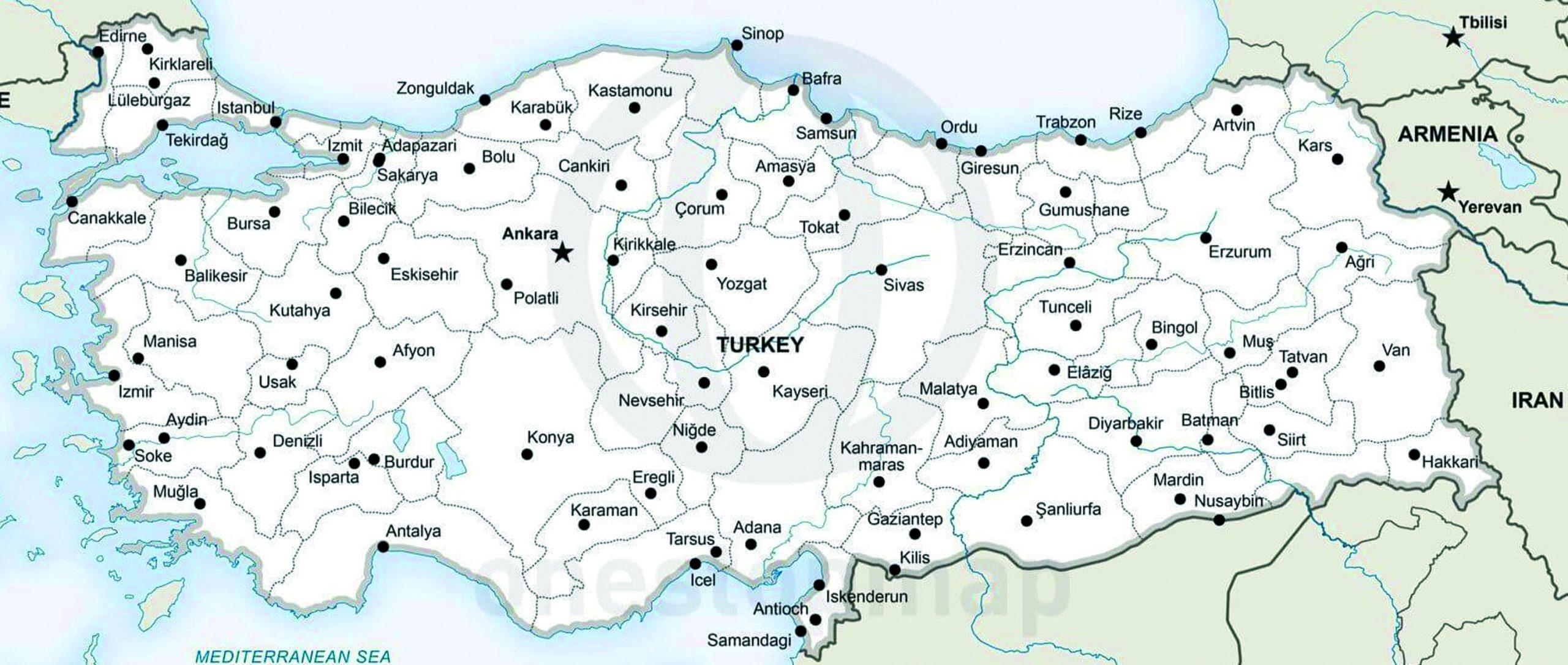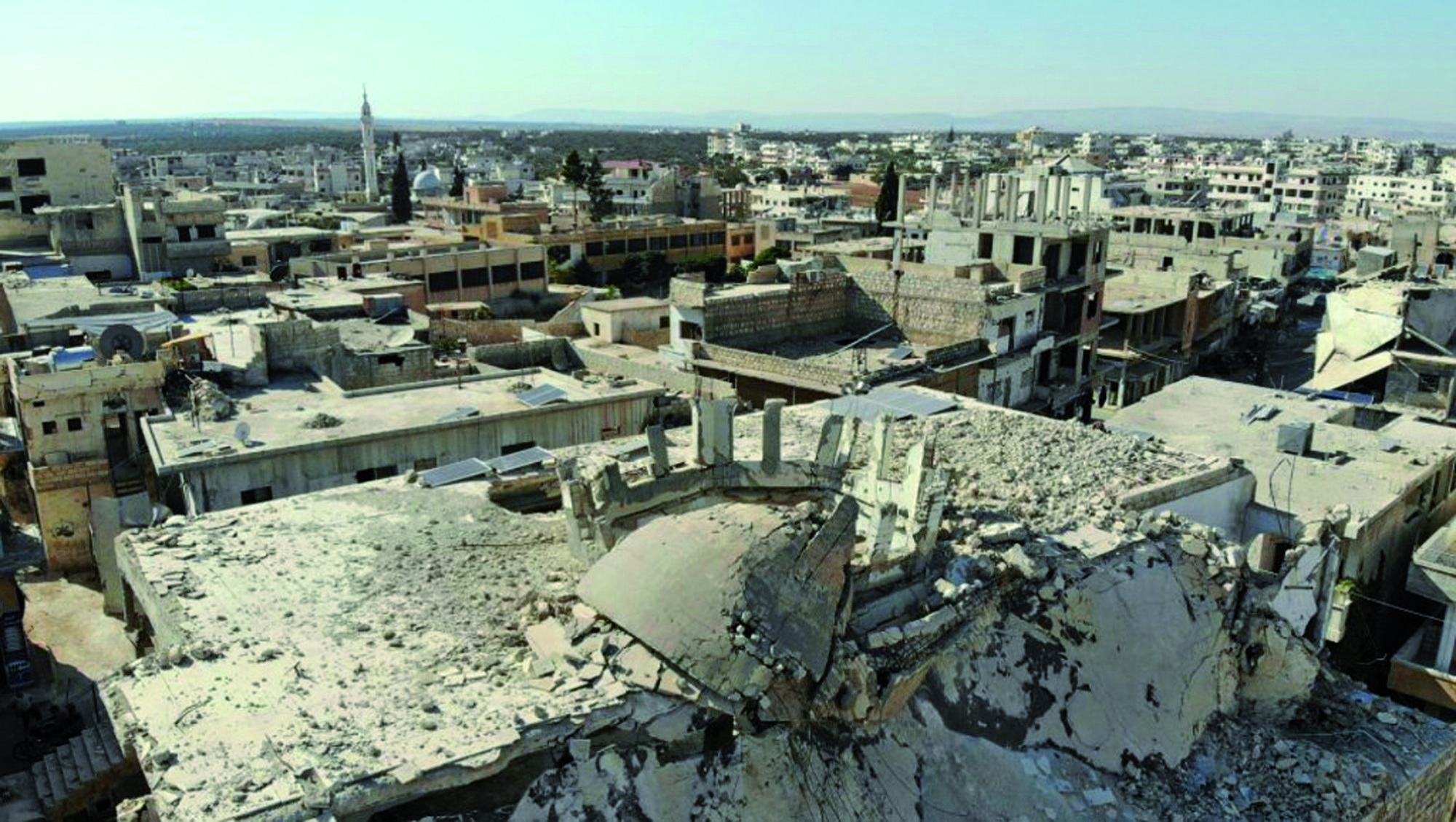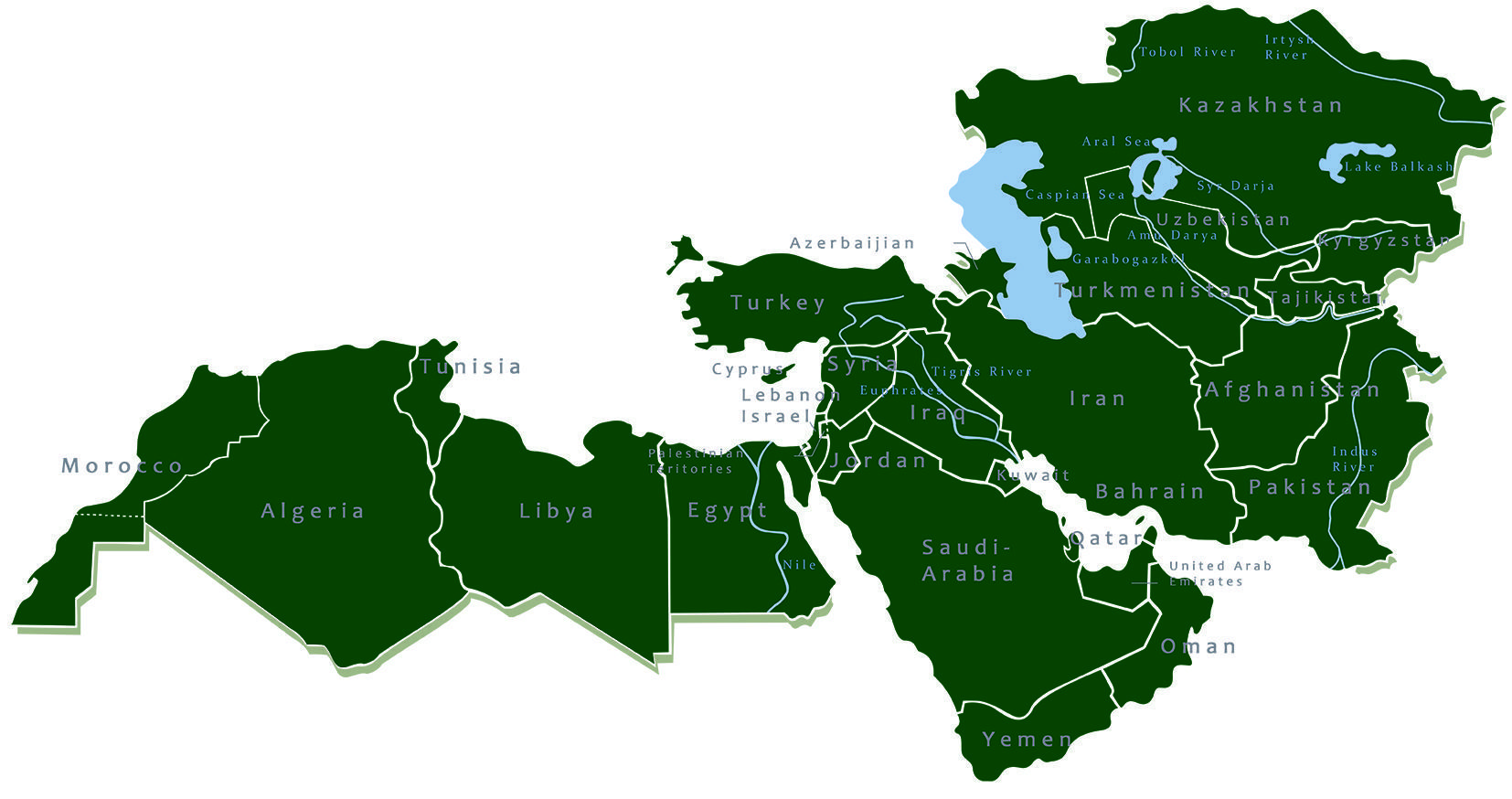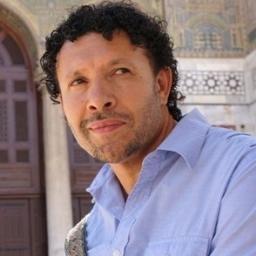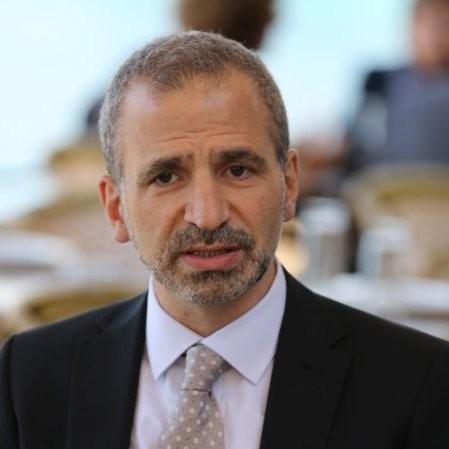Youth unemployment and social inclusion in MENA countries: Challenges and patterns
Iyad Dhaoui
The Middle East and North Africa region has some of the highest total and youth unemployment rates in the world. The youth, women and more educated people face the highest risk of exclusion. This worrying situation of exclusion brings to light an unstable social climate which can deepen the crisis. This article provides an overview of the challenges facing labour markets in the MENA region by examining some common patterns and then delving deeper into the youth employment challenges, especially after the uprisings that have rocked the region since 2011. The main structural constraints are the inability of production systems to produce enough jobs for young people and women in particular, low skill levels among employees, a bloated public sector, high flows of immigration, the lack of entrepreneurship initiatives and an increasing dependence on the informal sector. The issue is not just to accelerate economic growth, but to turn that growth into employment and redistribute its profits equitably in order to reduce poverty and inequality, as per Sustainable Development Goal 8 (SDG 8) of the United Nations, which advances the promotion of inclusive and sustainable economic growth, employment and decent work for all.
Iyad Dhaoui is a researcher at the Tunisian Institute of Competitiveness and Quantitative Studies, a think tank based in Tunis. He received a PhD in Economics from the University of Sfax, Tunisia. He is interested in conducting economic studies relating notably to the development perspectives and the impacts of social and economic reforms. Areas of expertise include human capital, education, labour market, and economic development.



